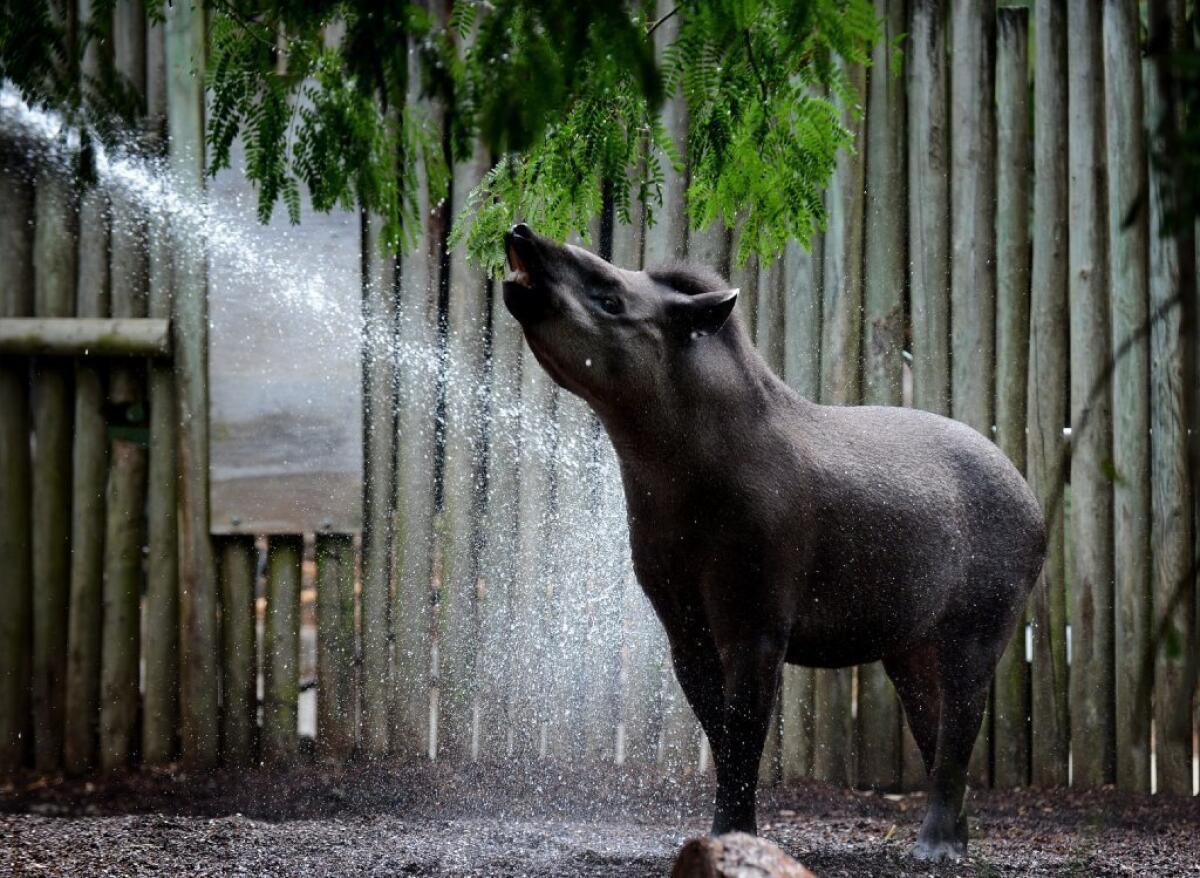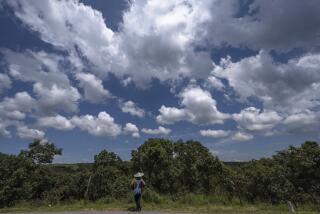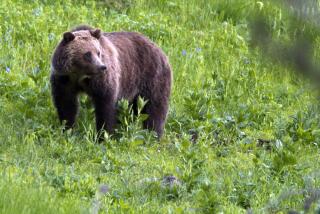Religious beliefs drive hunting decisions in Amazon

(Marianna Massey / Getty Images)
Stanford researchers have discovered that the introduction of Western religions is changing hunting patterns in the Amazon and affecting the region’s biodiversity.
The biologists extensively questioned members of the Makushi and Wapishana tribes in the Guyanese Amazon about their eating habits and which animals they hunted.
They found that in areas where Western religions had gained a foothold, hunting and eating animals that had been banned by traditional shamans increased. Likewise, consumption of other animals increased in areas that had been protected by shamanic practice.
Also, those who converted to Western religions were less likely to eat lowland tapirs, which they associate with pigs—banned for consumption by the Hebrew Bible.







